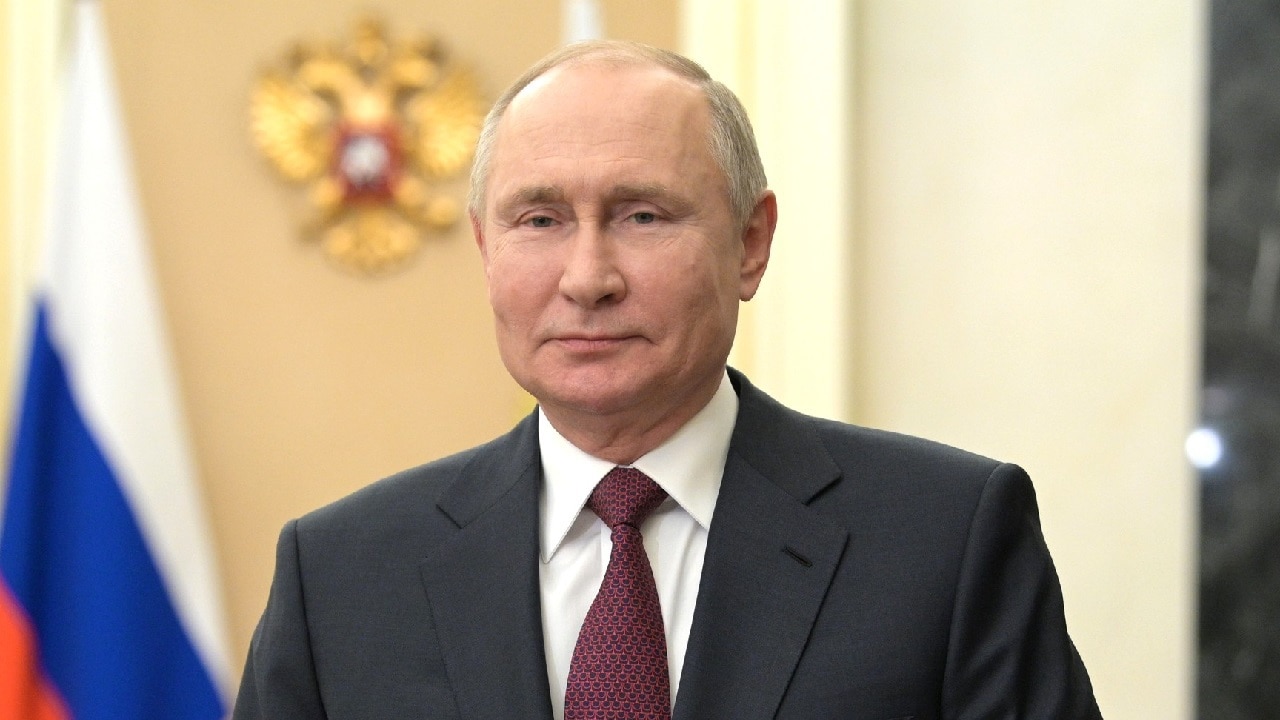Russia’s President Vladimir Putin blames the United States for backing an alleged assassination attempt against him. Two small drones hit the Kremlin in Moscow early Wednesday morning. One struck the flagpole atop the dome of the Kremlin Senate building. The other reportedly hit Putin’s apartment area.
Putin spokesman Dmitri Peskov leveled the accusation Thursday.
“Attempts to deny this – both in Kiev and in Washington – are, of course, absolutely ridiculous. We know very well that decisions on such actions, on such terrorist attacks, are not made in Kyiv. Namely, in Washington. And Kyiv is already doing what what he is told to do,” the Russian state news agency TASS quoted Peskov as having said. “And not every time Kyiv is given the right to choose means. This is also often dictated from across the ocean. We know this well and are aware of this.”
Not a CIA Pattern
First, the CIA has had a strict policy against assassinating heads of state since the 1970s.
President Gerald Ford signed an executive order in 1976 barring the Agency from carrying out targeted assassinations.
Security Council spokesman John Kirby strongly denied the claim, accusing the Kremlin of lying.
“I can assure you that there was no involvement by the United States. Whatever it was, it didn’t involve us,” Kirby said, calling the accusation “ludicrous.”
U.S. intelligence has no idea what happened according to a Politico report.
“My gut tells me that we would not have been involved in this operation. It is also unclear to me exactly what did actually happen,” Sam Faddis, a retired CIA station chief, told 19FortyFive.
Pointing to a False Flag Operation
Others point out that Putin has a history of false-flag operations.
“Russia has a long and sordid history of self-produced false flags operations at key moments in history, used to advance a narrative particularly for domestic consumptions. The latest claims blaming U.S. for the mysterious explosions which the Kremlin described as subverted drone attacks on Putin, are just another in the series,” Irina Tsukerman, a Ukrainian-American geopolitical analyst, told 19FortyFive.
“In particular, Putin himself has come to power using that specific strategy of staging terrorist attacks and shifting blame to imaginary enemies as a way of consolidating popular support and projecting a propaganda version of strong leadership in crisis.”
Putin staged the bombing of Moscow apartment buildings in 1999, blaming Chechen separatists. It was used as a pretext for starting the Second Chechen War.
Exiled Russian chess master and politician Garry Kasparov joked it was ridiculous to call it an assassination attempt.
Pointing to Putin
“Assassination attempt”? Lol. He’s not even there. If anybody really wanted to kill Putin, they would just seize his bank accounts and he’d have a heart attack!” Kasparov tweeted.
Putin vowed to eliminate Ukrainian President Volodymyr Zelensky and his cabinet. The CIA has, according to published reports, devoted significant resources to protect Zelensky from assassination.
Recent leaked American intelligence reports suggest close coordination between the U.S. and Ukraine’s intelligence agency the SBU has shown an inability to control many of its own operatives, leaked U.S. documents showed. In February, Ukrainian intelligence operatives defied orders and sabotaged a Russian plane at a Belarusian airport.
Washington’s relationship with Kyiv has been one of “trust but verify” to recall President Ronald Reagan’s statement about the Soviets. Ukrainian officials have shown a degree of wariness toward their American counterparts.
At this point, no one knows who was responsible amid the fog of war, but Putin likely will exploit this incident to his advantage.
“Russia has engendered no love for itself around the region; there is an active group of Russian partisans/guerrillas who have taken responsibility for past attacks; if there is any truth to the story at all, these locals are much more likely to be behind such an attack,” Tsukerman said. “However, just as Iran blames the U.S. and Israel for the actions of local uprisings fed up with domestic tyranny, so Russia find it convenient to shift blame to a well-known adversary for propaganda reasons and to avoid admissions of domestic unrest and resentment.
MORE: World War III – Where Could It Start?
MORE: A U.S.-China War Over Taiwan Would Be Bloody
John Rossomando was a senior analyst for Defense Policy and served as Senior Analyst for Counterterrorism at The Investigative Project on Terrorism for eight years. His work has been featured in numerous publications such as The American Thinker, Daily Wire, Red Alert Politics, CNSNews.com, The Daily Caller, Human Events, Newsmax, The American Spectator, TownHall.com, and Crisis Magazine. He also served as senior managing editor of The Bulletin, a 100,000-circulation daily newspaper in Philadelphia, and received the Pennsylvania Associated Press Managing Editors first-place award in 2008 for his reporting.

